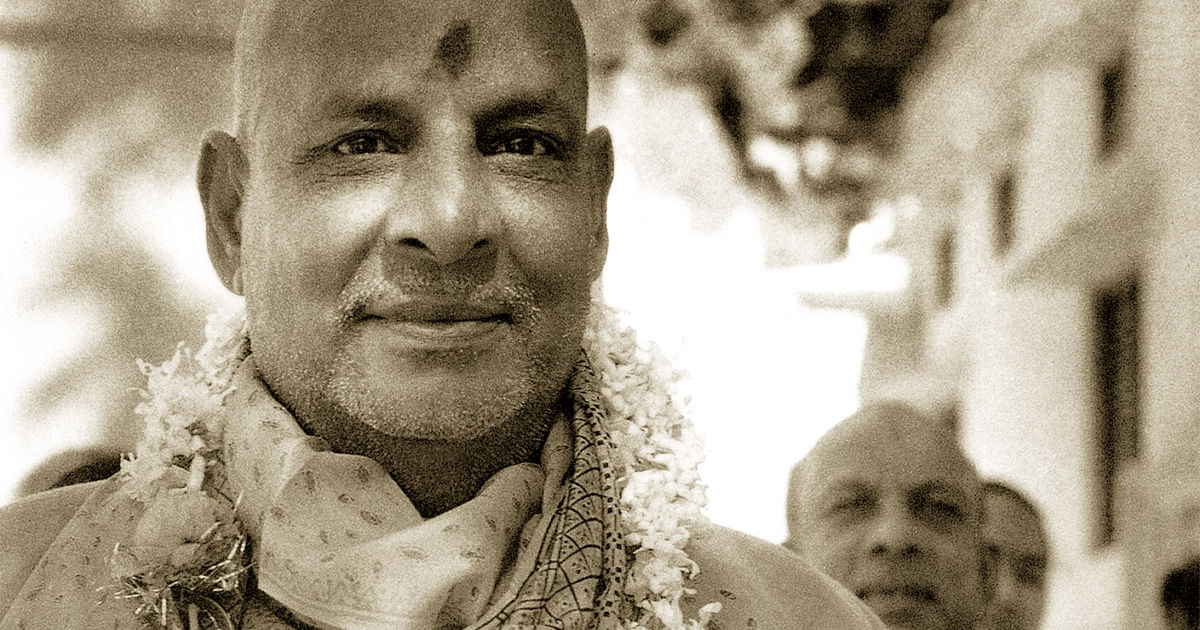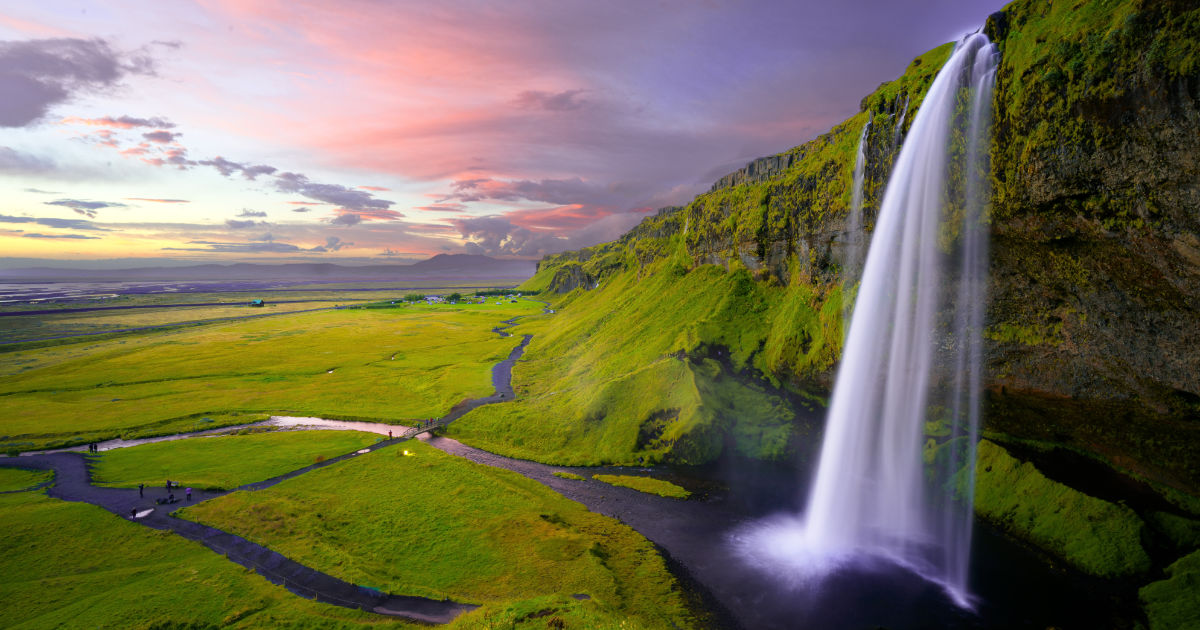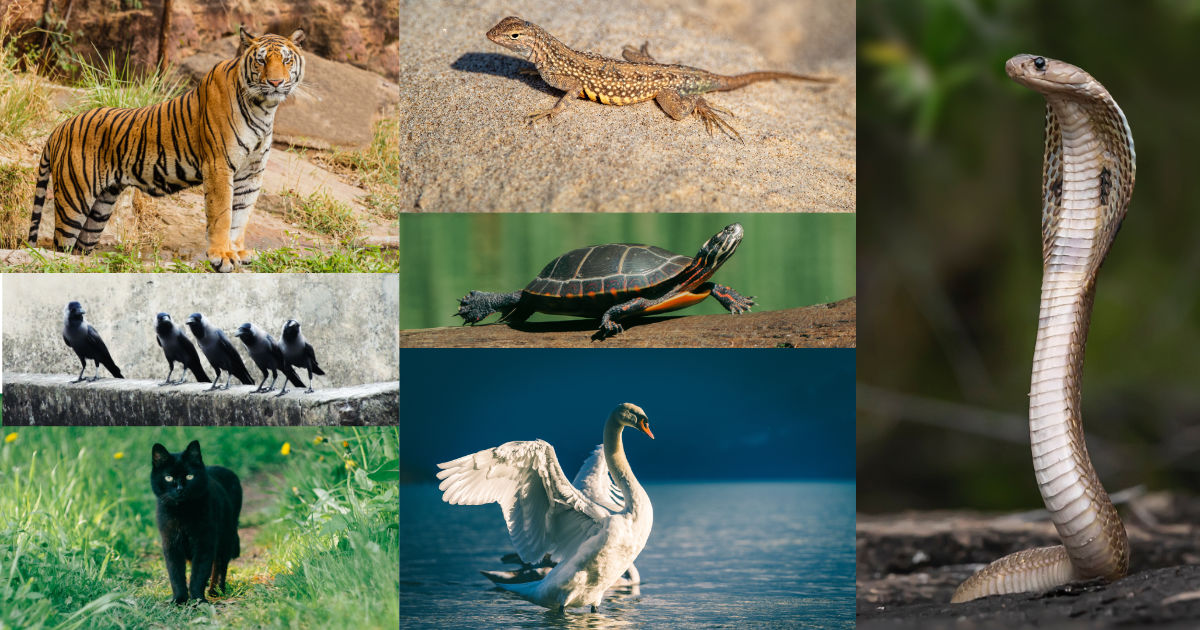I met a little rabbit once,
A hopping on his way.
I said, ‘Where are you going on such a lovely day?’
He said with just the slightest frown,
Don’t hinder me I pray!
I am taking round the Easter Eggs,
Because it’s Easter Day. – Anonymous
Tag Archives: mother earth
808 – Moderation
Eat a little, drink a little,
Talk a little, sleep a little,
Mix a little, move a little,
Serve a little, worship a little.
Do asana a little,
Pranayama a little,
Reflect a little, meditate a little.
Do japa a little, do kirtan a little,
Write a mantra a little,
Have satsang a little. – Swami Sivananda
775 – Our Mother Earth
- ‘I’ve no water or air,
I am a ball of fire. Don’t come near.
You can’t live here.
Here, it’s no fun,’
So said the hot Sun.- ‘I’ve no water or air,
You can’t stay here.
But for the Sun’s light,
I won’t shine bright.
I’m but stone and mud.’
The Moon cried and said.- ‘I’ve no water or air.
Will your life can bear,
With nothing for sustenance,
My hollow existence?
Stay where you’re,’
Said the planet Jupiter.- ’We’ve no water or air.
What’s there to share?
Nothing but the death,
With no further birth,
The Venus, the Mars and the Saturn.
Said in their turn.- ‘Admission only for Angels,
And not for body, but souls,’
Said the sign board,
Kept aside the road.
The Heaven said, ‘Sorry,’
When I went with my body.- ‘Why do you go elsewhere,
When I’m down here?’
Said my mother earth.
‘To you, I’ve given birth,
With your body and soul,
To enjoy and play your role.’- Yes, Mother, what isn’t there,
For us, on this earth, to share?
Free food, water and air,
Everything looks so fair,
Thank God, for what we have
And grieve not, for what
We don’t have. – Rajaram Ramchandran
767 – Puja and Yagna
What is the difference between Puja and Yagna? The word puja means prayer and it is 2500 years old. It was found in Griha Sutra, which talks about rituals. It describes the ceremonies (samskaras) that mark each stage of an individual’s life, from the moment of conception to the final death rites; the five daily sacrifices (mahayajna); seasonal ceremonies; and those observed on special occasions, such as house building or cattle breeding. The Griha sutra mentions the word pujaniya, worthy of reverence. It is assumed that the word puja comes from it or from south India. In Tamil, pujai means flowers or offering of flowers. Continue reading
765 – Sacred animals
All gods have Vahanas (transport) and they are animals and birds. Since they are used as a means of transport, they are considered sacred. The beast or bird which is the Vahana, the vehicle also indicates the temperament of the God. Continue reading
763 – Veneration of Trees in Hinduism
We were taught to respect Mother Earth and treat the trees with respect. Many trees are considered sacred to specific deities. Trees become objects of worship or shrines are built beneath them. Mango trees are considered holy because they are associated with many rituals. Tulasi is considered sacred to the disciples of Vishnu, Wood apple or Bilva tree is considered sacred to disciples of Shiva. The neem tree wards off evil. Continue reading
756 – The Oracle of Rama
The Oracle of Rama is consulted by all devotees of Rama. The custom is to ask a question after one has ended one’s morning prayers. There are three pages, with chapter, section and verse at the back of the book. It is a very powerful reading and it answers one’s query. Sometimes the answer is terrifying if one asks an inappropriate question. Continue reading
744 – Prayers for Mother Earth
Native prayer for Mother Earth
Mother Earth, hear your child. Be a bond between the Worlds of Earth and Spirit.
Let the winds echo the Knowledge of Grandfathers.
Who await, unseen, yet visible if I only turn my eyes to their World.
729 – Prana Shakti please infuse Mother Earth
There is so much happening around and yet at the same time one feels overwhelmed or underwhelmed. The newspaper has just come and each of us has our own paper. Glancing at the newspaper and reading the news, induces a sense of deep sadness. War has taken the front pages, and the reporters are eager to tell us. The more distressing it is, the better it is for the ratings. Continue reading
687 – The rich get richer and the poor get poorer
Percy Bysshe Shelley is listed as a romantic poet. Romanticism in poetry is defined as the development of the individual and embracing of the natural world in poetic form. “The rich get richer and the poor get poorer,” is attributed to Percy Bysshe Shelley. He further wrote that “to him that hath, more shall be given; and from him that hath not, the little that hath shall be taken away.” Continue reading
670 – Mother Earth and its offsprings
Why do we display violence towards God’s creatures? We hunt and poach animals for pleasure and profit (sell their body parts or eat them). What is it about us that makes us destroy the different species of fauna? Continue reading
652 – What are we doing about Mother Earth?
What have we learnt from her?
Are we stable and grounded?
How are we coping with the ever-changing world around us?
How is our emotional well-being?
Are we able to remain in a balanced state?
Are we honoring her?
She is honored by kind words, kind thoughts and kind intentions which become reparative actions. Continue reading
621 – Save the universe
Dear ones, are you aware what is the gestation period of mammals. I am going to list it for you. Please take the time to read it and then think of how we can save them and ourselves.
Alpaca: 345 days
American Bison: 285 days
Antelope: 165 days
Antelope Sable: 270 days
Baboon: 185 days Continue reading
599 – A true story
It happened in an army camp, based near a forest, in India, where soldiers were undergoing training. They had to be up early.
Every day a full-grown tiger would come and stand near the gate. The soldiers were terrified as the tiger kept standing there for an hour. The commandant of the camp was also concerned and he called in a tiger biologist to visit the camp. The consultant looked at the tiger and the tiger gazed back at him. The consultant felt that the tiger’s gaze was distressed, and he recommended that he and a couple of soldiers would follow the tiger. Continue reading
597 – On the way to salvation
All followers of God, seek salvation.
Salvation has many meanings. We want preservation from harm, ruin and loss. We want freedom from our sins and karma. We desire liberation of our spirit. We want redemption, and restoration for ourselves and earth. We want to salvage our environment and restore it to its pristine form. Continue reading















